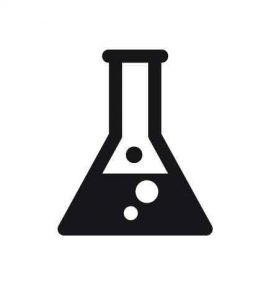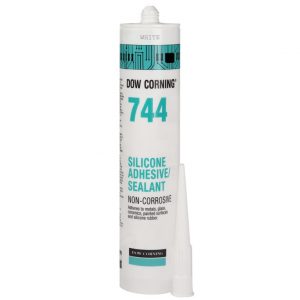Contrasted with other adhesive types, silicone adhesive is clearly distinctive. The unique chemical composition polymers gives silicone adhesives elastomeric properties not found in many other adhesives.
This elasticity makes silicone adhesive highly flexible and resistant to changes in temperature. Silicone adhesives can withstand high levels of heat, whilst remaining highly elastic at temperatures as low as -75ºC.
Silicone adhesives are generally selected due to their capability to elastically absorb and/or compensate dynamic stresses. Furthermore, this material caters for the most varied substrate combinations including such as metal to wood or metal to glass.
More and more we are seeing silicone adhesives replacing conventional mechanical fasteners and lowering production costs in modern manufacturing industries.
Typical Advantages and Properties of a Silicone Adhesive
Excellent electric properties
|
|
UV Resistance |
Elongation |
|
Flexible Bonding &High Elasticity |
Our Best Selling Silicone Adhesives
Dow Corning 744
|
Henkel Loctite SI 5607A two part grey, neutral curing alkoxy silicone structural bonder with medium cure speed. Typical applications include bonding and sealing in the appliance. |
Henkel Loctite SI 5940
A black, one part room temperature vulcanizing acetoxy silicone paste sealant. It is primarily used as a general purpose sealing and bonding agent, space-filling rubber adhesive or formed-in-place gasket. |
Dow Corning 3145
|
 Shop Silicone Adhesives now!
Shop Silicone Adhesives now!







